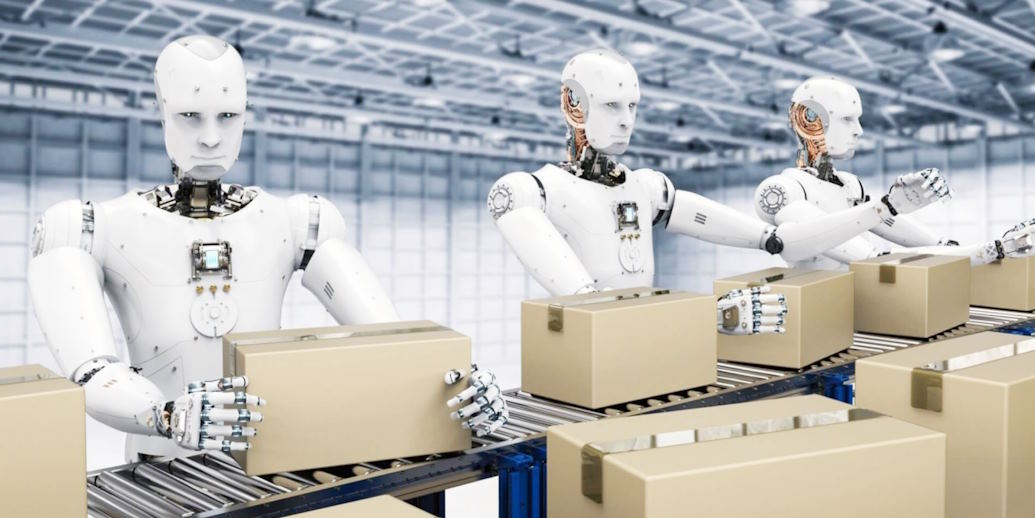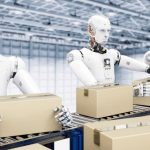As the new year unfolds, a notable shift in the employment landscape is looming, with one in four Chief Executive Officers (CEOs) gearing up to implement layoffs of up to 5% of their workforce. This strategic move is attributed to generative artificial intelligence (AI) integration into various business processes. The following insights are derived from a comprehensive survey conducted by the esteemed consulting firm PricewaterhouseCoopers (PwC).
Survey Overview
The survey was published on January 15 and engaged over 4,700 CEOs from 105 countries. More than half of the participants lead organizations boasting annual revenues exceeding $100 million. The findings shed light on generative AI’s current and anticipated impacts on the job market.
Current AI Implementation
Close to one-third of the surveyed CEOs revealed that their companies have successfully implemented generative AI into their operational frameworks. This underscores the rapid pace at which organizations adopt advanced technologies to streamline processes and enhance efficiency.
Anticipated Workforce Reductions
Despite the potential benefits of AI integration, 25% of CEOs disclosed their plans to initiate workforce layoffs, affecting up to 5% of their employees. This planned reduction is directly linked to the implementation of generative AI, showcasing the transformative and, in some cases, disruptive nature of these technological advancements.

Compensatory Workforce Strategies
PwC’s report suggests that companies opting to downsize in specific areas to achieve operational efficiency may simultaneously invest in human capital in other sectors. This adaptive strategy aims to maintain equilibrium within the organizations undergoing AI-driven transformations.
Industry-Specific Impact
Certain industries are poised to bear the brunt of these technological shifts more than others. Media, entertainment, banking, capital markets and insurance are expected to experience substantial workforce adjustments due to the integration of generative AI. Conversely, manufacturing, construction, metallurgy, and mining industries currently appear less susceptible to the immediate impacts of this technological shift.
Adapting to Change
The survey indicates that 70% of top executives foresee artificial intelligence fundamentally altering their business models within the next three years. This transformation is expected to necessitate a paradigm shift in the skill sets required by employees to remain relevant and effective in evolving workplaces.






























